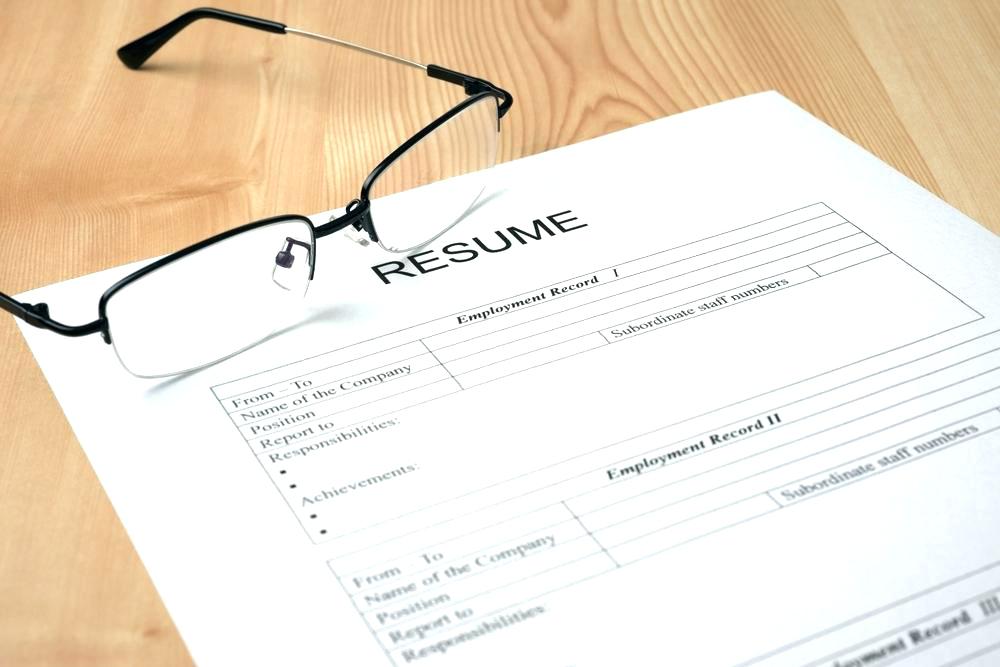
The thought of writing a cover letter confuses many students who are writing one for the first time. You might wonder why a cover letter is necessary when all your key information is already covered in your resume. The cover letter is, however, much more important than your resume. Having a strong resume is a given but getting it accompanied by an even stronger cover letter can mean the difference between landing a job and being ignored.
Why does this happen? To understand this, put yourself in the shoes of a hiring manager. If it is a promising opportunity, then there will be a lot of applications pouring in. The person responsible for shortlisting applicants will have to go through all of them in a limited amount of time. At this point, it helps to stand out in the crowd and make an impression. Resumes have somewhat of a set format and the only practical way to differentiate yourself would be to turn in a great cover letter.Here are some pointers that you will have to keep in mind.
1. Research About The Company And Use Your Learning
Before you write a cover letter, the first thing you should do is research about the position and the company at hand. Read their social media feeds, read news about their latest developments and if possible speak to their employees who happen to be in your network. Be updated on the kind of work that they do and what challenges they face. Understanding these things will help you write a cover letter which would end up being very relevant.
2. Strong Opening
The first and foremost thing that you have to keep in mind is that you should have an opening line which really catches the attention of the hiring manager who is supposed to look at it. The opening should tick all the right boxes in his mind and get him to read the rest of your cover letter. An example of a cover letter opening for say, a software engineering position could be “I wrangle with bits and bytes and make them play well with people.” This is just an example of a creative opening for a cool tech startup/company. This could change when it comes to other fields and positions.
3. Minimal Yet Effective
Writing a cover letter should be an exercise in minimalism and at the same time should have enough content to be effective. Please do not go into details about your talking points. Write powerful point driven sentences and spend some time on editing them to be as short as possible. Being effective in this scenario is a challenge but yet this has to be done. The person that is responsible for going through your cover letter should be able to grasp the important points of your letter in a minute or so.
4. Direct Yet Personal
Being direct matters a lot because it shows that you are confident and not prone to waste time. You will come across as a no-nonsense kind of individual who will dedicate a good amount of time towards productive work rather than beating around the bush. Do not use flowery and flattery language. Use simple English and be direct about what you want to do in the organization and how you can add value to the organization. There is also a balance you should strike here. Even while being direct, you need to make your cover letter personal so that it can help to differentiate you as a person. Write your cover letter from a first-person perspective. Make sure that you mention why you are tailored for the job based on your interests and achievements. Show that you are excited about the opportunity at hand.
5. Showcase Value
Whatever you write in your cover letter, just make sure that you showing how much a value-add you are going to be to the organization. This has to be a logical explanation based on your interests and experience so far. Do not make claims that you cannot back up later in your interview. Show the company how you would fit in well at the company and strive to take it to higher places.
